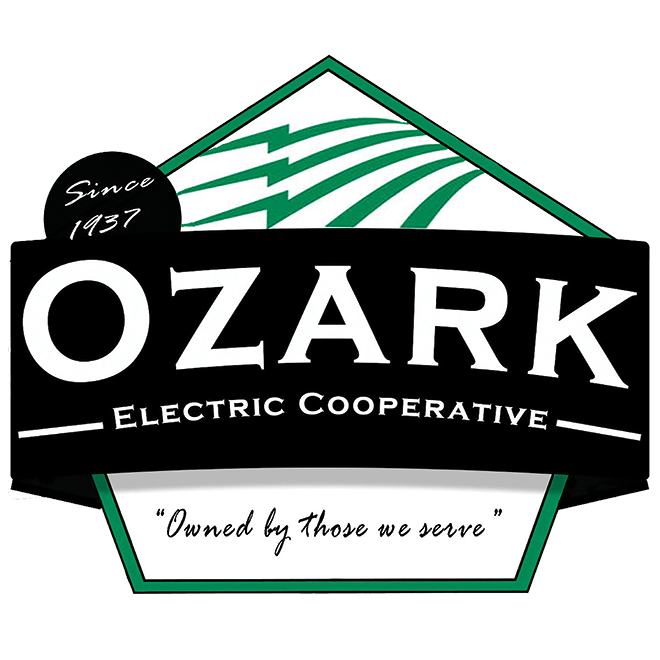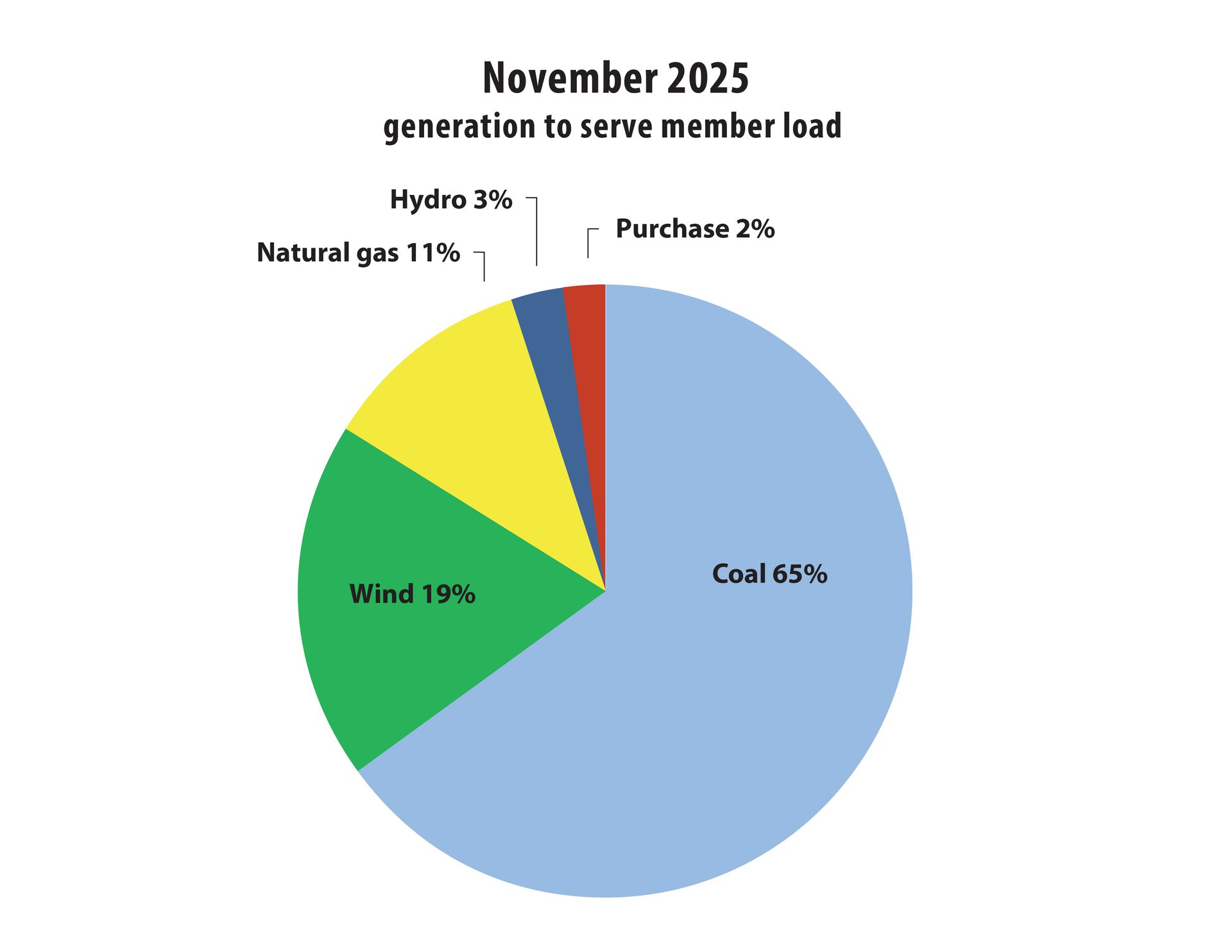Renewable Energy
More than 25% of Ozark Electric's power generation is renewable. With a mix of wind and hydro generation methods, we are now leading Missouri in providing renewable energy to our members. A transition to a renewable future will take time for the technology to be proven commercially and time to build the projects and transmission to get the decarbonized power to our load. AECI is promoting that the transition to a decarbonized grid will require 3Ts -- technology, transmission and time.
If you have questions regarding renewables, please contact our Member Services department. We seek to be your trusted energy resource. Below you will find more information on renewable energy resources involving solar, electric vehicles, rebates, and more.
Should I buy solar?
View our current rebate offerings:
View 10 steps before installing solar:
Choose a reputable solar company:
Geothermal
Geothermal Heat Pumps are highly efficient units that effectively regulate temperature in residential and commercial buildings, all while providing hot water. They seamlessly integrate with standard electronic thermostats and duct systems, making them an ideal choice for upgrading existing heating, ventilation, and air conditioning (HVAC) systems. Regardless of the climate, Geothermal Heat Pumps can be customized to suit any building's heating and cooling needs. Quietly and reliably, Geothermal Heat Pumps tap into the renewable energy produced by the Sun and stored in the ground near the Earth's surface. By doing so, they play a crucial role in promoting a cleaner environment, as they save energy, reduce reliance on fossil fuels, and minimize carbon emissions.
Net Metering
If you are interested in installing a solar-powered unit, a wind turbine, or other renewable energy generating source on your property, this section will outline this process also called “Net Metering” or “Distributed Generation”.
Net-Metering and Easy Connect Act
If you are interested in applying for interconnection to Ozark Electric Cooperative’s electrical system, you should first
contact the Cooperative and ask for information related to the interconnection of a parallel distributed generation unit (i.e. hydrogen fuel cell; or generating system powered the by sun, wind or biomass) to the Cooperative’s system. It is important that you understand this information before proceeding with the project. (Any consumer who connects in parallel phase and synchronization with any retail electric supplier without written approval can be immediately and without notice disconnected with electric service.)
Missouri’s Net Metering Rules and Regulations are based on new legislation that took effect January 1, 2008. The “Net-Metering and Easy Connect Act” states that the distributed generation is intended to primarily offset part or all of the customer-generator’s own electrical energy requirements. Full retail price is paid (credited) for all energy put on the grid up to the amount purchased that month from the utility. For example, all kilowatt hours put onto the grid by the consumer will be subtracted from the total amount purchased that month from the Cooperative. The customer will pay only the “net” difference as calculated by using the applicable standard rate. Avoided cost is paid for all energy put on the grid in excess of that month’s purchase. This amount above what is purchased can remain as a credit on the customer’s bill for up to a maximum of 1 year. That month’s credit will expire if not used within 1 year or at the time of disconnect. All standard service availability fees still apply.
Avoided cost is calculated monthly by Associated Electric Cooperative Inc. (AECI), the Cooperative’s power supplier. This cost is the actual cost of generating a kWh of electricity that month using all the sources of generation used that month by AECI. For example, in 2006, this cost of generation ranged from $.023 to $.052/kWh/month. According to the contract, any electric energy that is being generated at the member-generators site must be purchased by AECI. The Cooperative is only facilitating the billing/credit for the member-generator.
As a protection for the Missouri customer-generator, any seller, installer, and/or manufacturer who misrepresents any electric generation unit’s safety or performance standards may be investigated by the state attorney general upon report.
All of the electricity generated by the distributed generation unit will first be used at the member-generator’s site. Any excess electrical power will go back on the grid and be recorded with the use of a special meter located in the member-generator’s regular house meter base. The cost of this meter will be paid by the member-generator. An estimated cost of the special electric meter is available upon request.

